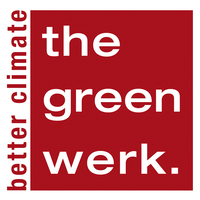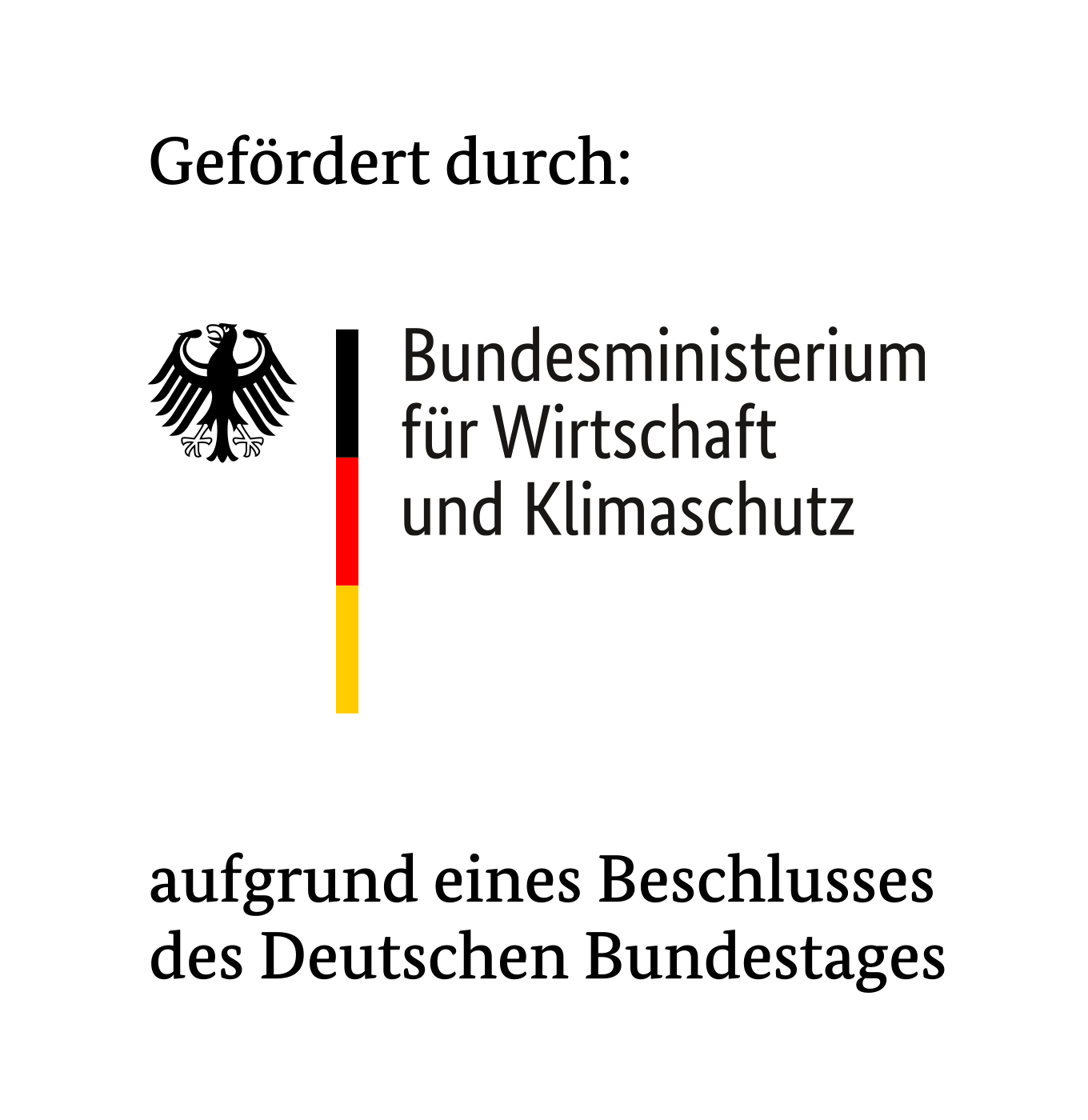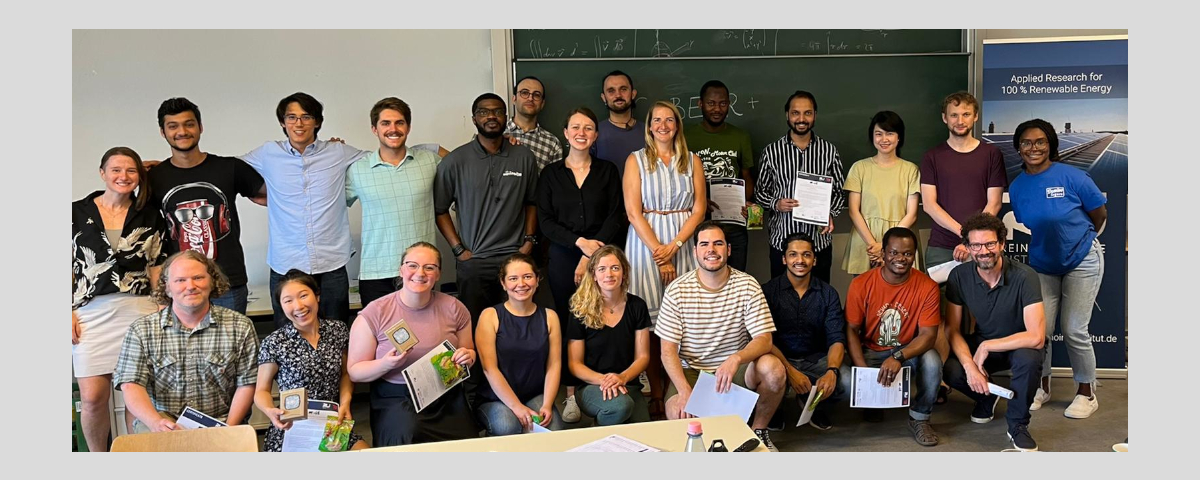
Look back at the C-BEAR+ Summer School 2022
30. August 2022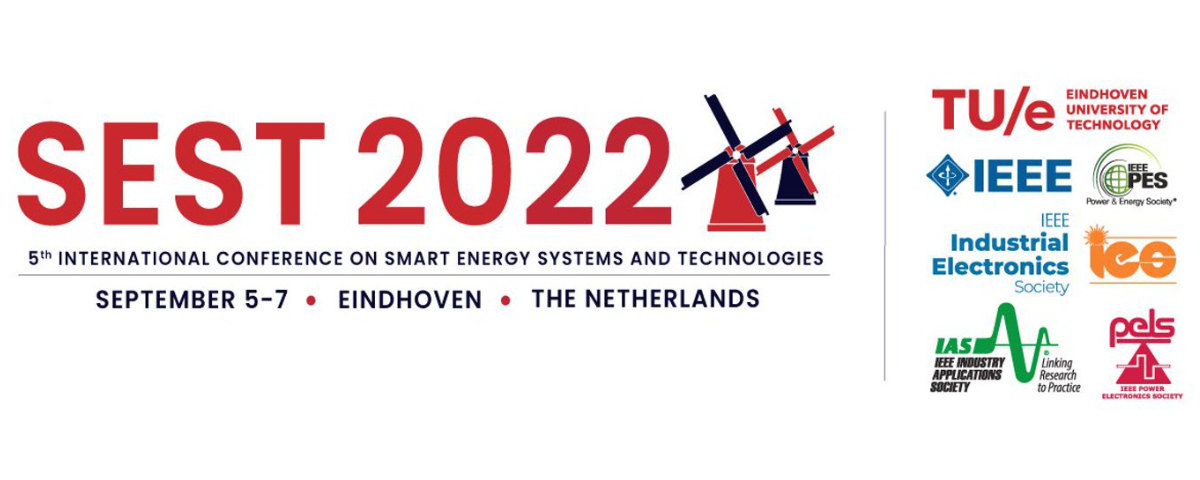
05.09. | 5th International Conference on Smart Energy Systems and Technologies (SEST)
5. September 2022Communities of Practice as drivers of a bottom-up energy transition in Nigeria
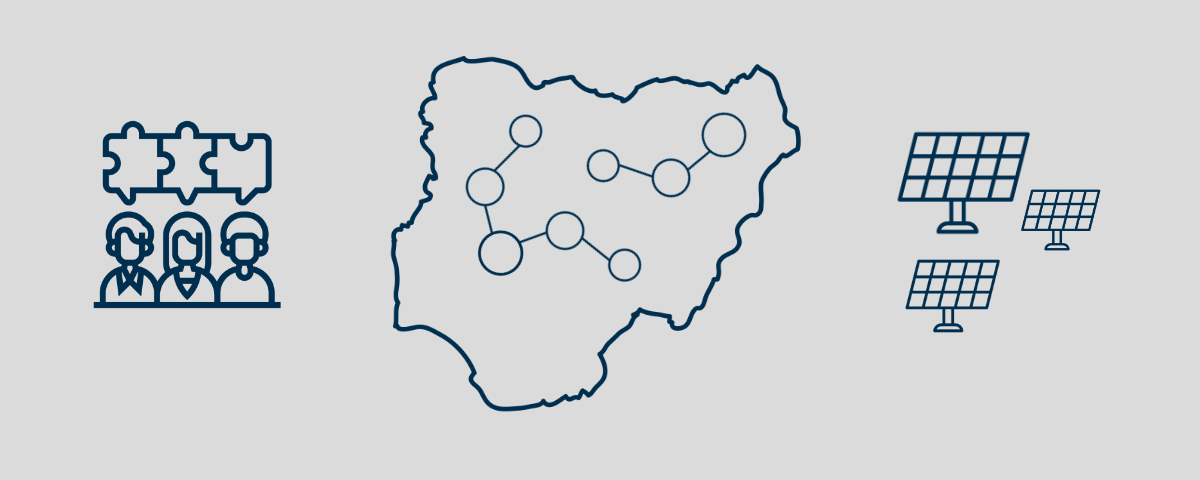
Nigeria's energy landscape is characterized by significant challenges, with almost half the population dependent on costly and inefficient petrol, diesel, and gas generators. The Communities of Practice Nigeria (CP-Nigeria) project, financed by the International Climate Initiative (IKI), represents a transformative step towards a clean, affordable, and sustainable electricity supply through decentralized renewable energy (DRE) systems. This project adopts a bottom-up, community-centered approach, reflecting our commitment to involving local communities in shaping their energy futures.
Community-centric energy transition
Our vision is to catalyze a bottom-up, community-centric energy transition in Nigeria, leading to a climate-friendly energy supply by 2030 that is both sustainable and economically viable. By empowering local communities and leveraging innovative technologies, we aim to create a replicable model for sustainable energy development.
Five local “Communities of Practice”
Following evaluations across ten communities situated in five distinct geopolitical regions of Nigeria, five "Communities of Practice" were identified for the deployment of DRE solutions, chosen through comprehensive socio-economic and geographical analysis. The community-centered approach ensures solutions are specifically tailored to each community's unique needs, fostering a sense of ownership and empowerment among residents. The approach not only facilitates the creation of effective energy solutions but also enhances social cohesion and economic opportunities, contributing to sustainable project outcomes.
Toolbox for DRE solution development
A key element of the project is an online toolkit (https://community-minigrid.ng/en/) that generates a comprehensive implementation plan. This plan offers a step-by-step strategy for communities interested in Distributed Renewable Energy (DRE) solutions, making it easier to progress from the initial idea to the final execution of the project. The toolkit integrates the assessment of demand, system sizing and recommendations for technology-mix, best practices for project management, and financial planning strategies into a cohesive, easy-to-use platform. Designed with community organizations in mind, the implementation strategy is created to cater to the engagement needs of various stakeholders including project developers, the Rural Electrification Agency (REA), non-profit organizations and financial bodies.
Policy Reform Advocacy
Additionally, the project seeks to enhance the political framework for DRE projects beyond the local level and extend its impact to the national level. This involves examining the structural, regulatory, and financial barriers to DRE adoption and collaborating with stakeholders to foster a supportive policy environment for community-centered electrification initiatives in Nigeria.
IKI ICM (Independent Complaint Mechanism)
Any person who believes they may be harmed by an IKI project or who wish to report corruption or the misuse of funds, can lodge a complaint to the IKI Independent Complaint Mechanism at IKI-complaints@z-u-g.org. The IKI complaint mechanism has a panel of independent experts who will investigate the complaint. In the course of the investigation, we will consult with the complainant so as to avoid unnecessary risks for the complainant.
More information can be found here.
Project period: November 2021 - October 2024
Community-centric energy transition
Our vision is to catalyze a bottom-up, community-centric energy transition in Nigeria, leading to a climate-friendly energy supply by 2030 that is both sustainable and economically viable. By empowering local communities and leveraging innovative technologies, we aim to create a replicable model for sustainable energy development.
Five local “Communities of Practice”
Following evaluations across ten communities situated in five distinct geopolitical regions of Nigeria, five "Communities of Practice" were identified for the deployment of DRE solutions, chosen through comprehensive socio-economic and geographical analysis. The community-centered approach ensures solutions are specifically tailored to each community's unique needs, fostering a sense of ownership and empowerment among residents. The approach not only facilitates the creation of effective energy solutions but also enhances social cohesion and economic opportunities, contributing to sustainable project outcomes.
Toolbox for DRE solution development
A key element of the project is an online toolkit (https://community-minigrid.ng/en/) that generates a comprehensive implementation plan. This plan offers a step-by-step strategy for communities interested in Distributed Renewable Energy (DRE) solutions, making it easier to progress from the initial idea to the final execution of the project. The toolkit integrates the assessment of demand, system sizing and recommendations for technology-mix, best practices for project management, and financial planning strategies into a cohesive, easy-to-use platform. Designed with community organizations in mind, the implementation strategy is created to cater to the engagement needs of various stakeholders including project developers, the Rural Electrification Agency (REA), non-profit organizations and financial bodies.
Policy Reform Advocacy
Additionally, the project seeks to enhance the political framework for DRE projects beyond the local level and extend its impact to the national level. This involves examining the structural, regulatory, and financial barriers to DRE adoption and collaborating with stakeholders to foster a supportive policy environment for community-centered electrification initiatives in Nigeria.
IKI ICM (Independent Complaint Mechanism)
Any person who believes they may be harmed by an IKI project or who wish to report corruption or the misuse of funds, can lodge a complaint to the IKI Independent Complaint Mechanism at IKI-complaints@z-u-g.org. The IKI complaint mechanism has a panel of independent experts who will investigate the complaint. In the course of the investigation, we will consult with the complainant so as to avoid unnecessary risks for the complainant.
More information can be found here.
Project period: November 2021 - October 2024
The RLI assumes the following tasks:
- Project management
- Collection of demand data
- Develop a toolbox for needs assessment and energy system design
- Coordinate with project partners to identify funding opportunities
- Policy advice with the aim of improving the framework conditions in the field of energy transition






